Injury prevention at work, home and play
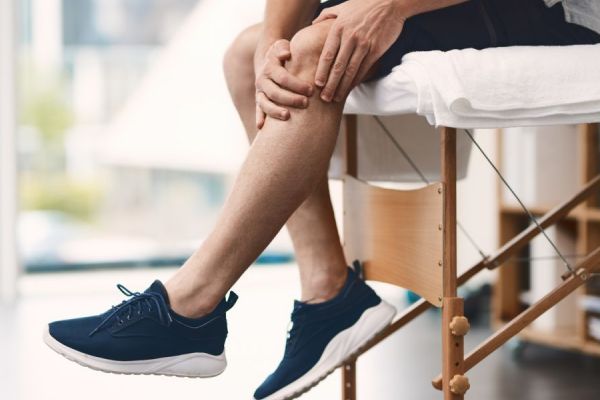
Everyone tends to be more active in the summer as it is the best time to enjoy outdoor sports and fun activities. Though the summer months allow us to experience everything nature has to offer, we can also experience more injuries associated with outdoor activities. To avoid letting the summer months pass by because of an injury, here are ways you can dodge common injuries at work, home and play.
Aching feet
Summertime means changing from winter boots to flip-flops, but walking in them all day can lead to aching feet. They provide no arch support and offer very little cushioning. Plus, your exposed toes have no protection against sharp objects and dirt, and your ankles are without support altogether. As we get older, we tend to see a collapsing of the arches, and a flip-flop doesn’t do anything to help support that. They throw off the entire alignment of your lower body, causing knee, back, and hip problems. To overcome the pain of aching feet, use over-the-counter pain relievers or give yourself a foot massage with lotion by pressing the knuckles of your hand into your foot, kneading it like bread dough.
Lawn mowing injuries

Cutting the grass is not only messy and loud, it can also be dangerous. Each year, tens of thousands of people require hospital treatment for lawnmower accidents, the majority of which are caused when other things — like rocks and sticks — are accidentally picked up and projected by the mower blades.
To lower your risk of injury, make sure your mower is in good working condition, clear the yard of any objects that could be flung by the lawnmower blades, and don’t mow without enough daylight. Always wear proper protective equipment, including pants, long sleeves, closed-toe shoes, sunglasses and, ideally, hearing protection.
In the case of a lawn mowing injury such as a cut, clean the wound with soap and water, and control the bleeding with pressure. If the injury is severe, seek immediate medical attention.
BBQ blunders
Making burgers and kabobs sounds like a brilliant idea, until you remember that you aren’t exactly a pro when it comes to maneuvering the grill. Exercise caution when lighting the grill and opening the cover. Once it’s fired up, it gets hot. While it’s tempting to toss some gasoline or kerosene on the grill, don’t do it! Always grill in a well-ventilated area and use long tongs so you don’t scorch yourself or your clothing.
If you happen to have a minor burn, hold the skin under cool running water to reduce swelling for up to 15 minutes or until the pain subsides. If the burn is on the face, hands, or over a large part of the body, seek medical attention.
Bug bites
Creatures that crawl and sting are one of summer’s biggest drags, and beyond the creep factor, mosquitoes can carry the West Nile virus and ticks can carry Lyme disease, two very serious (and potentially deadly) diseases. If you’re heading into the woods, skip the shorts and tanks and cover up with lightweight, long-sleeved shirts and pants. Make sure to also wear insect repellant on exposed skin. If you spy a circular, red “bulls-eye” rash at the site of the tick bite, see your doctor immediately.
Dehydration
Dehydration happens when your body loses more fluid than you take in. It can lead to a host of health problems, ranging from sluggish brain function to heat exhaustion or stroke. To avoid this, simply drink more water! If you are exercising regularly, six to eight ounces of water every 15 minutes should be enough. You should try to do outdoor activities during the cooler times of the day, and if you work outside, make sure you take frequent breaks in the shade.
Summer sports injuries

You see a swimming pool, ball field or basketball court and forget it’s been a few years (or decades) since you donned your varsity jacket. As we get older, most of us haven’t done enough to stay in shape, so we try to do things that our bodies aren’t used to. The most common injuries are knee strains & sprains, since older, less flexible tendons and ligaments are less able to tolerate impact and load. It is important to warm up and stretch all parts of your body before attempting any exercise and every athletic movement involves the entire body.
If you have a sprain, take over-the-counter anti-inflammatories and rest, ice, compress and elevate it. If after two days it’s still painful, you have a limited range of motion, or you can’t put weight on the joint, you should consult with your primary healthcare providers to have it evaluated further.
Still worried about a sports injury or another problem? If you’d like to consult a Lifemark clinician, check out our Locations page to find a clinic near you or book online.
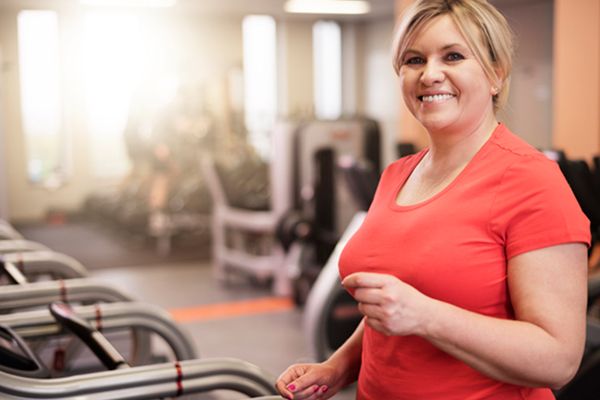


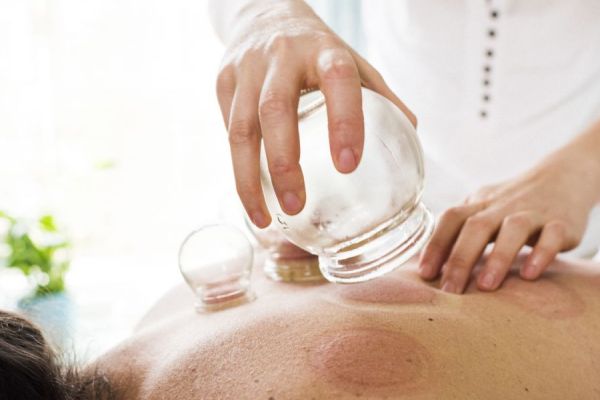

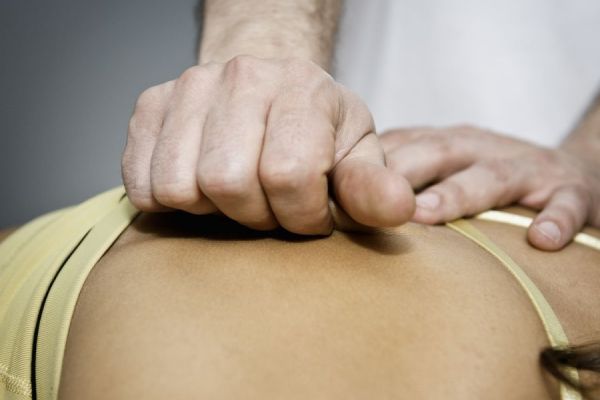
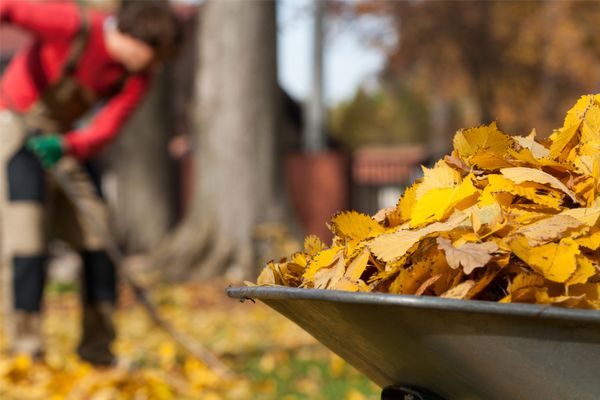



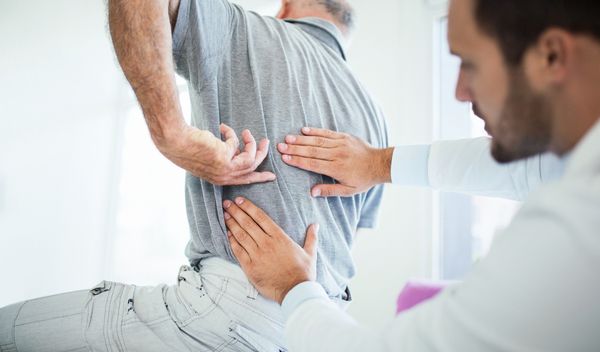
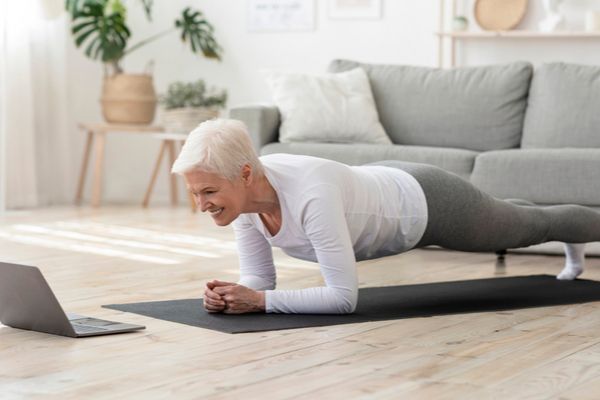




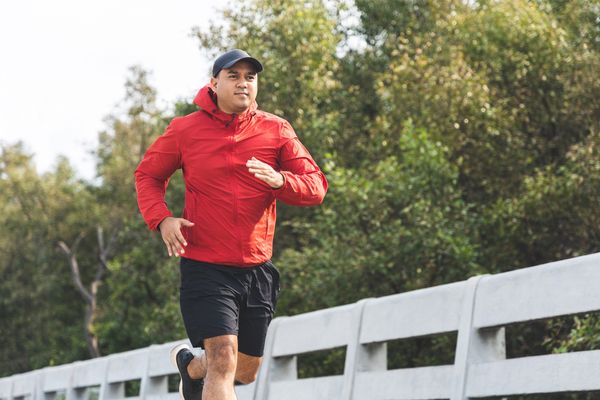


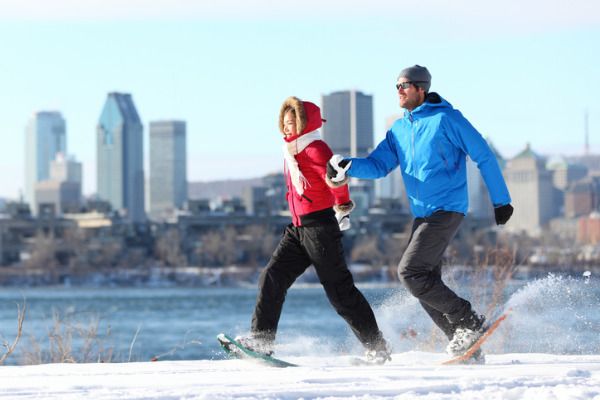
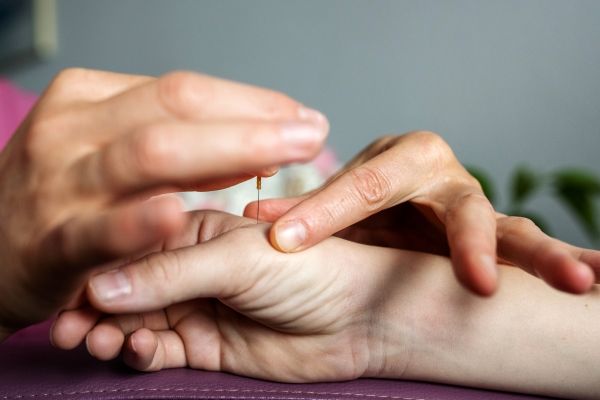



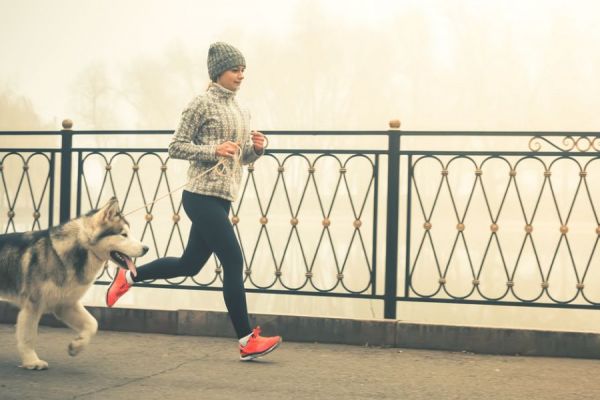
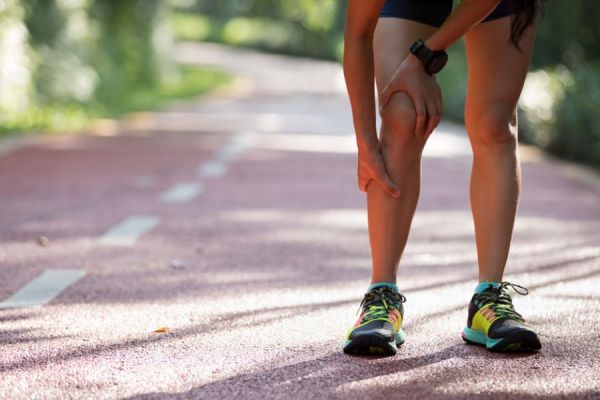
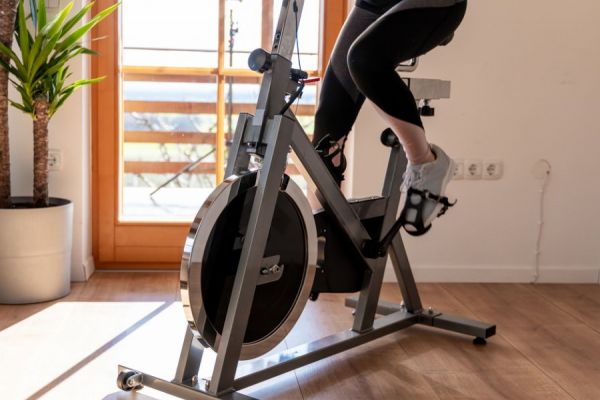


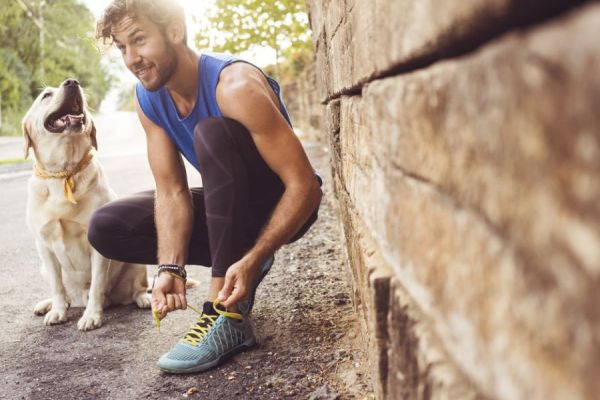
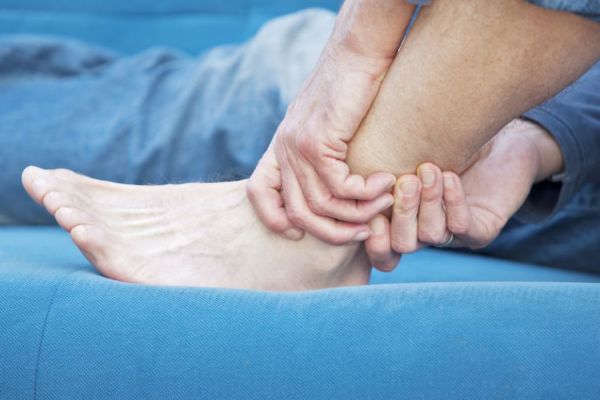
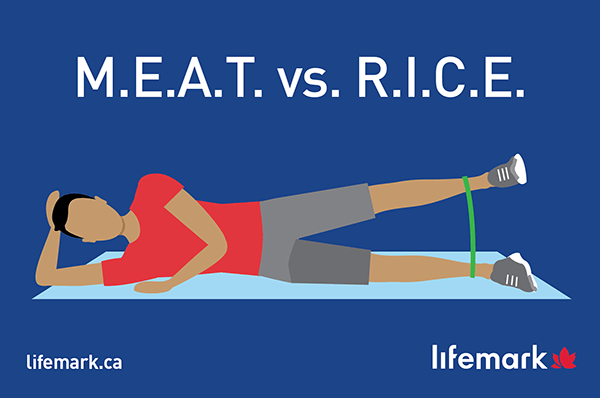


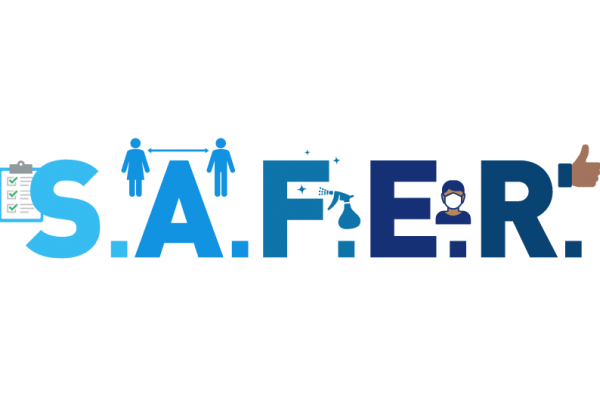

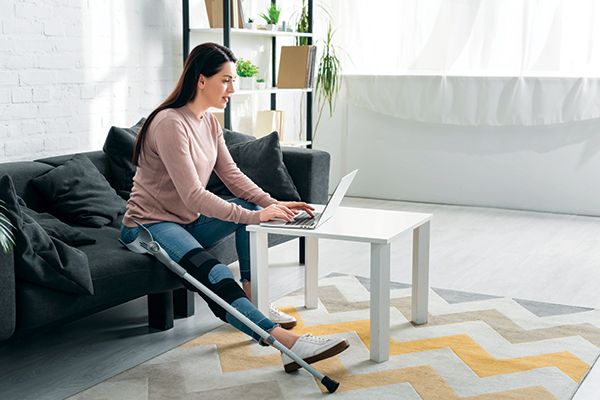


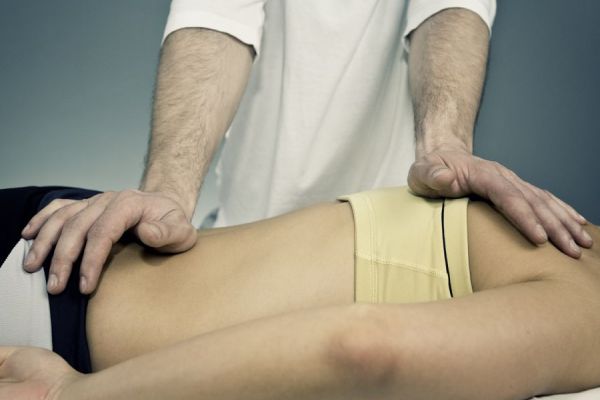




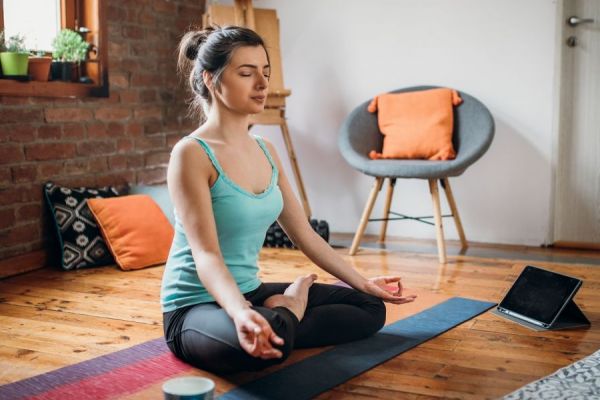






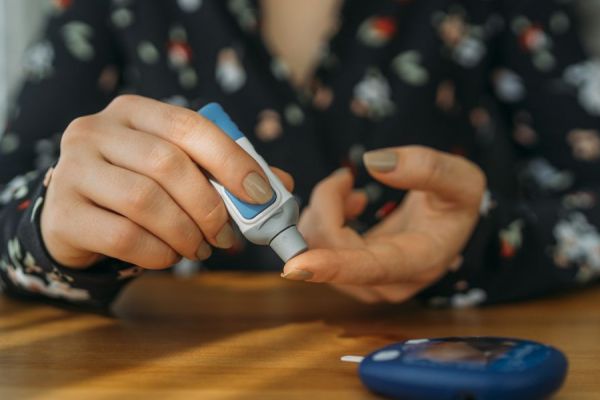
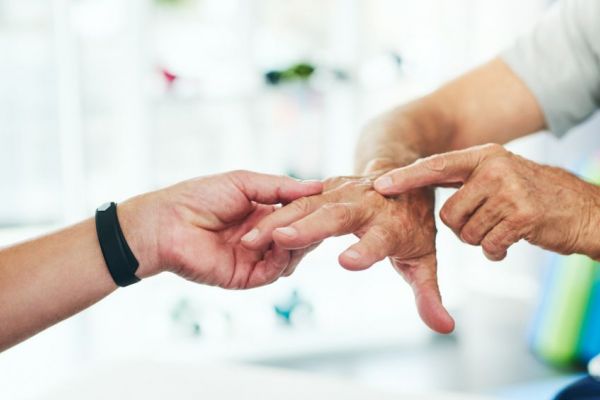











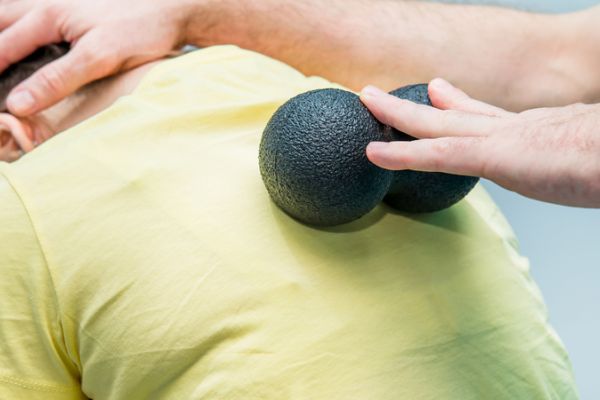
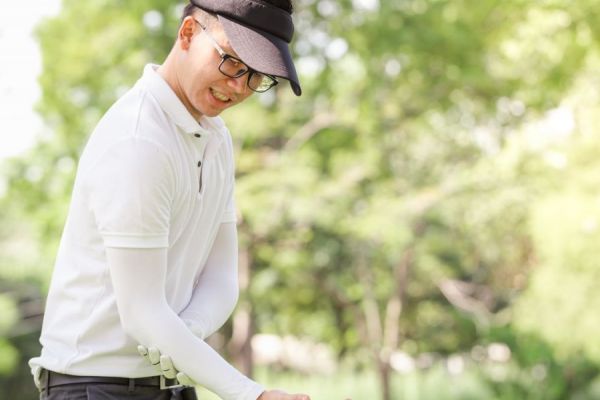

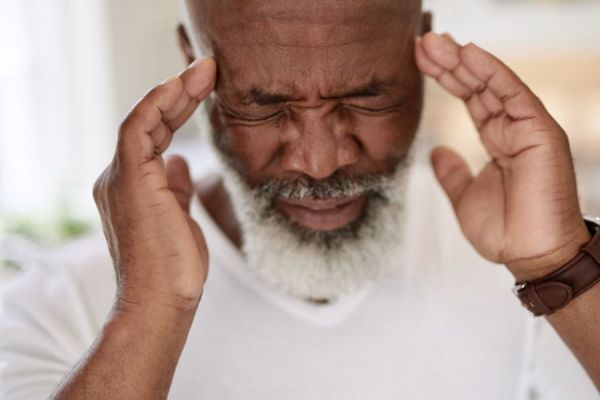




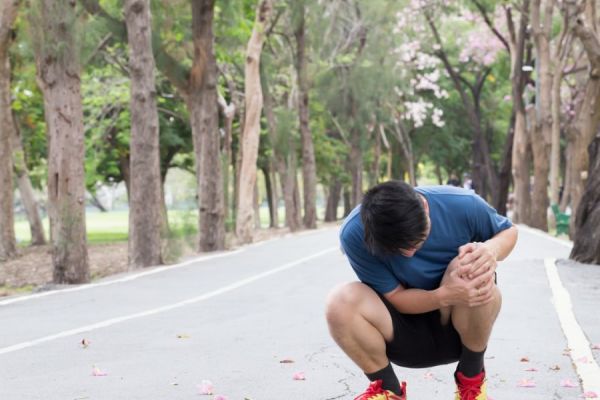



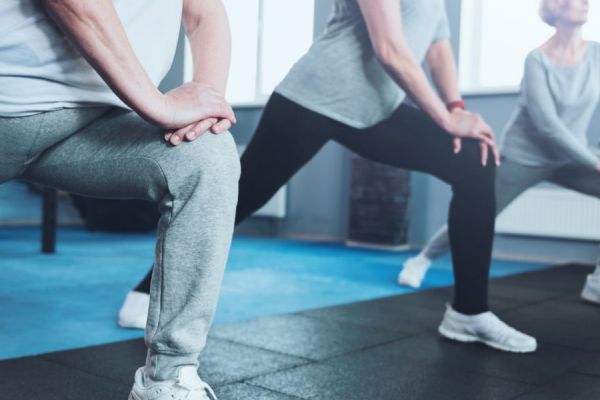

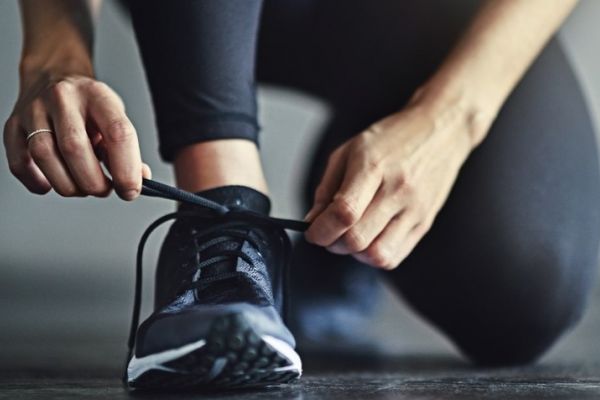

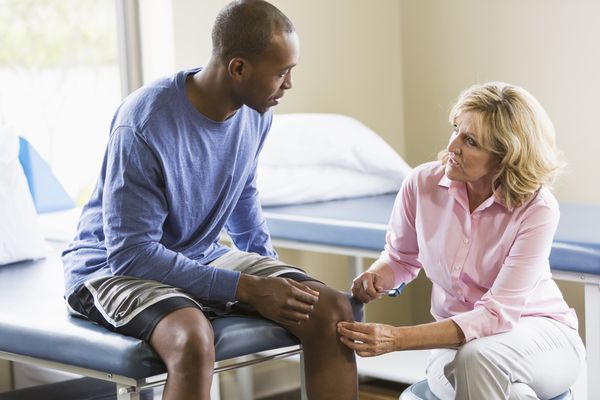


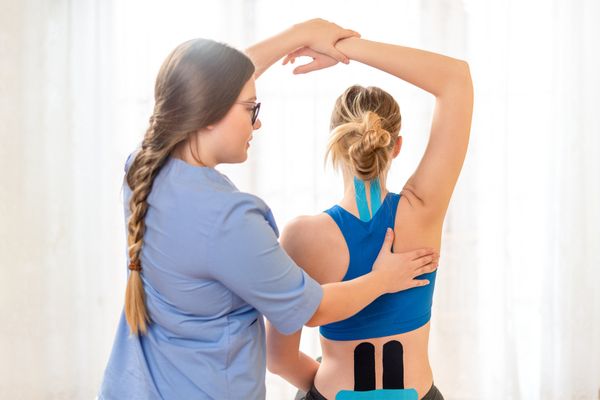
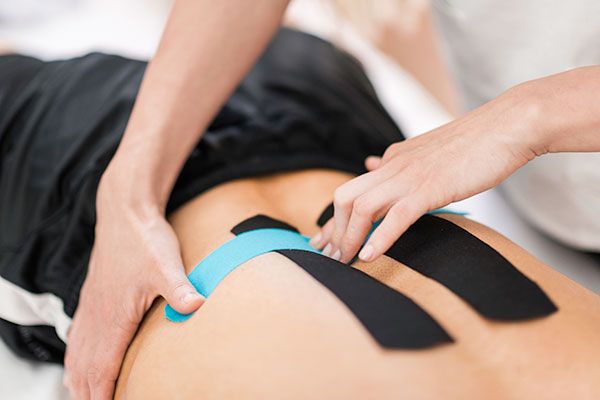



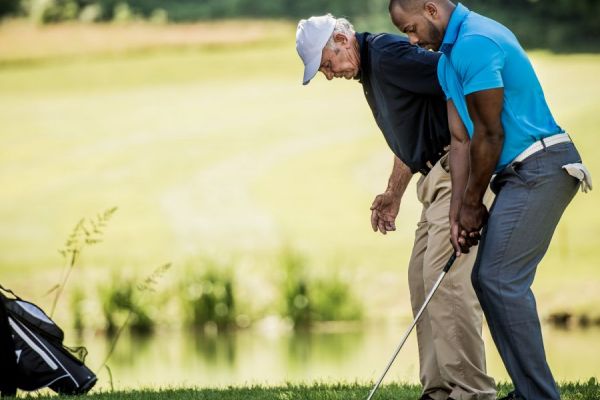

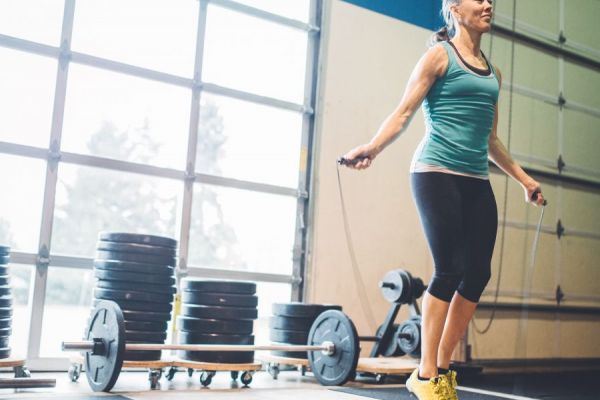
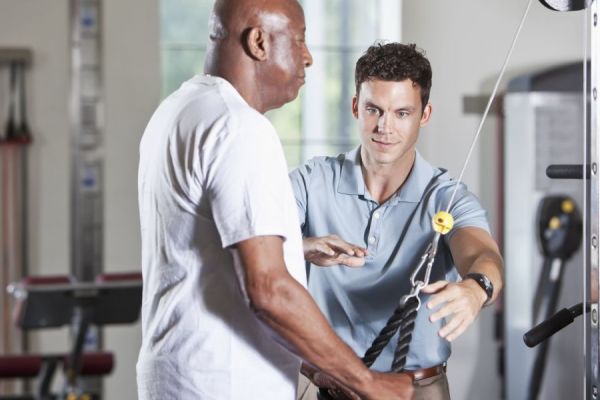

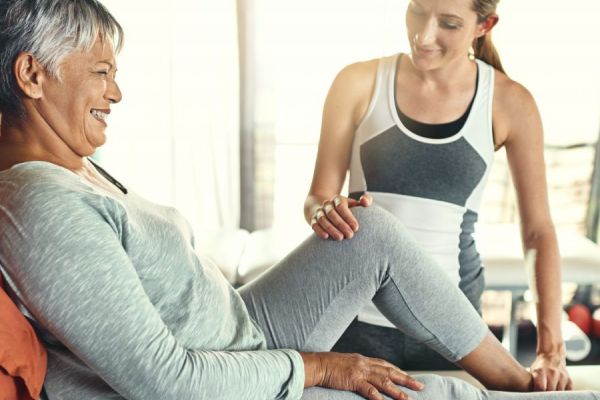

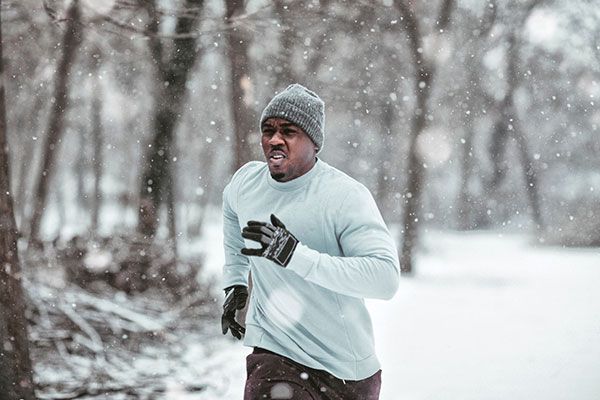



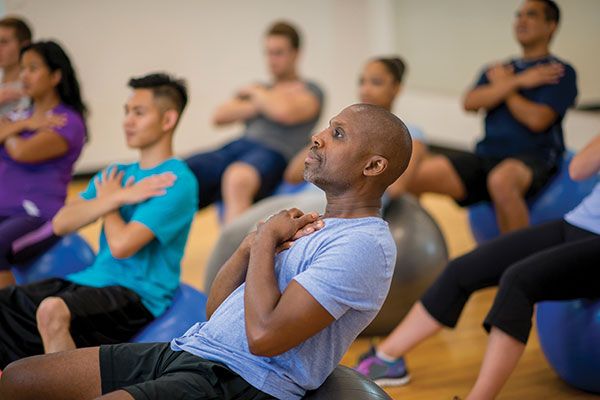
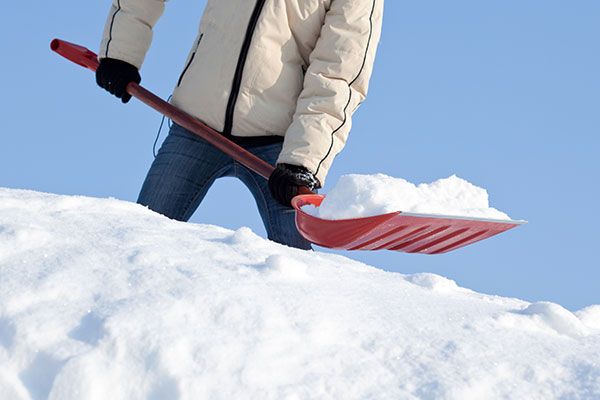

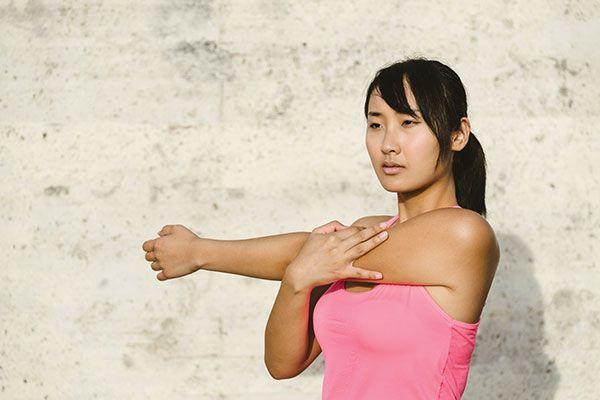




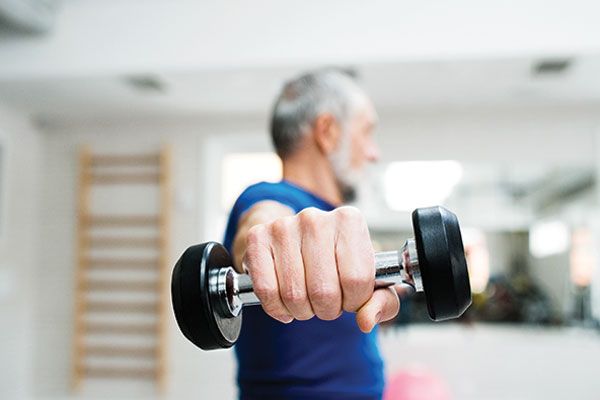



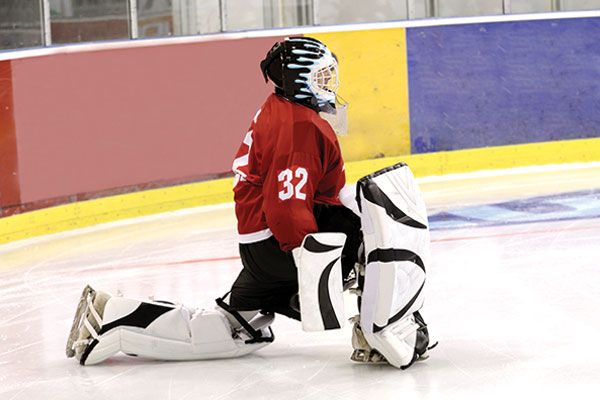




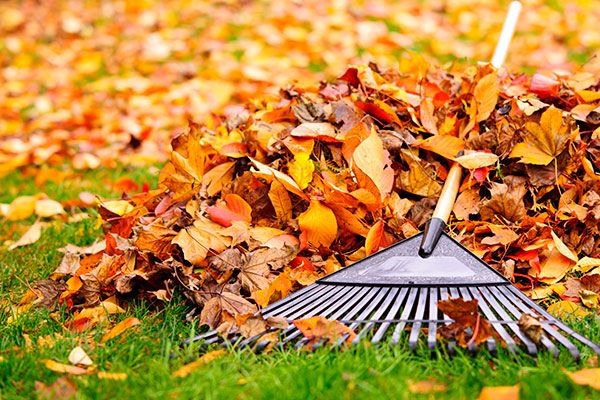



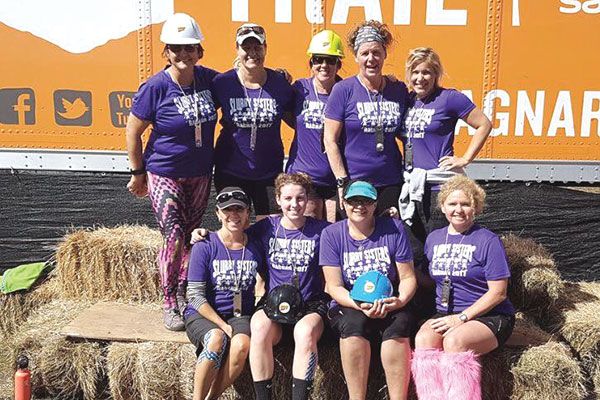
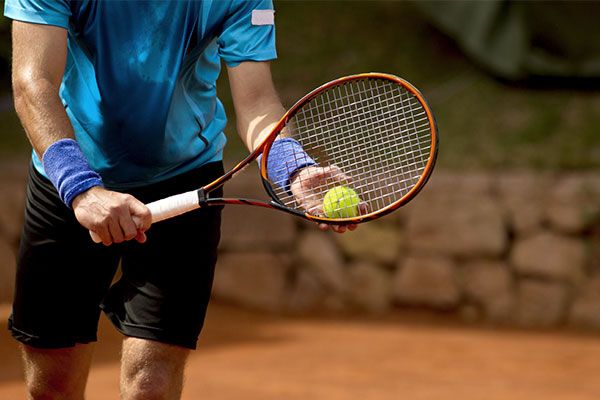
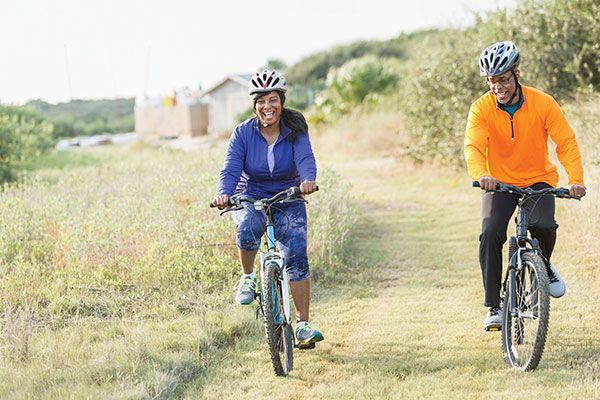
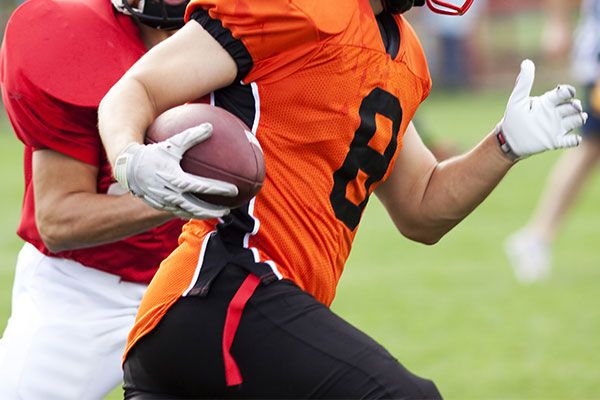
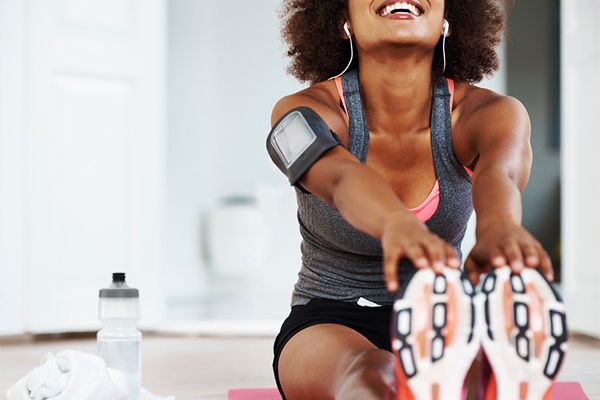





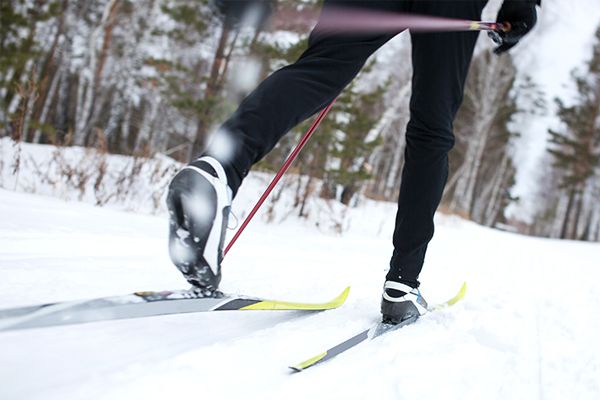
We can help you move and feel better.
Book an appointment today.